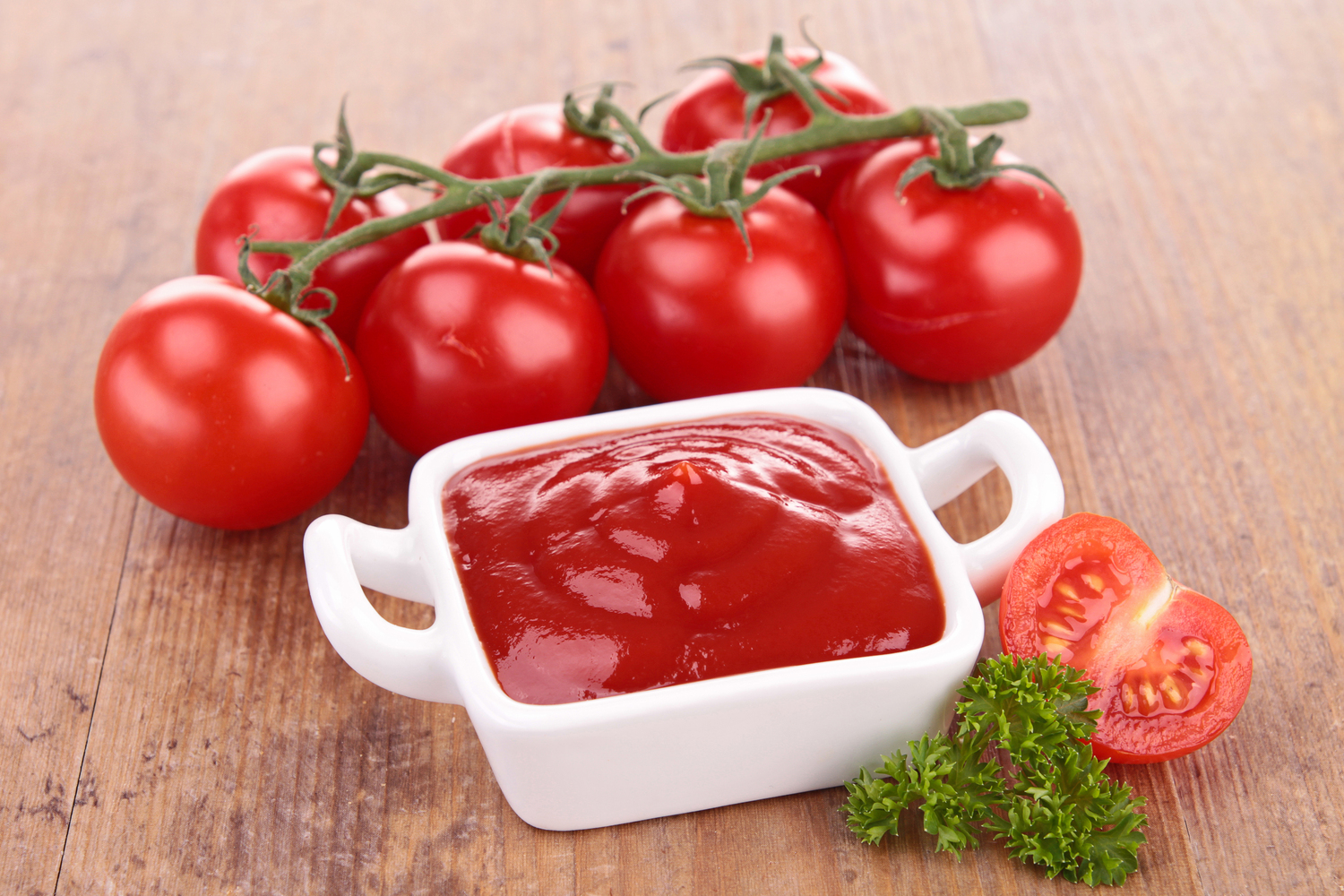
Meals That May Trigger Eczema Flare Ups
Eczema, otherwise known as atopic dermatitis, is a condition caused by inflammation in the body that causes skin to become irritated, itchy, red, dry, flaky, or inflamed. This condition is typically caused by an overactive immune system and also occurs commonly in people with multiple allergies.
Eczema can be triggered by certain irritants, including certain foods, so understanding what to look out for can be helpful in preventing eczema flare-ups from occurring. Here are six types of foods that may trigger eczema:
1. Fruit salads with a lot of citrus
Although citrus fruit is delicious, people who are prone to eczema should try their best to avoid them. They contain an allergen called myroxylon pereirae, which is known to cause flare-ups in people with eczema. Since citrus fruits are capable of causing eczema outbreaks, those with the condition should avoid consuming grapefruits, lemons, and oranges. The sugar within these fruits can also be an irritant for people living with eczema and could be another contributing factor to flare-ups.
2. Dairy rich meals
Consuming dairy products has also shown to be harmful to some people with eczema, particularly children and babies who may not be able to process milk; this commonly occurs in babies who are atopic (have a very reactive immune system). Since allergies are common in people with eczema, milk, butter, and cheese may irritate the skin because the person is either allergic to it or is lactose intolerant. Cutting out or substituting these products entirely has shown to be an effective way for those with eczema to heal breakouts and help them to not reoccur.
3. Gluten or wheat rich meals
Another common irritant to those with eczema prone skin is consuming products with gluten. Gluten, which is a protein found in grains such as wheat, barley, and rye, sometimes triggers inflammation in people which can lead to eczema breakouts. This can happen in people that both are allergic and not allergic to gluten. Inflammation from consuming gluten or wheat products can happen within the digestive system, as it is commonly difficult to digest. If someone is completely intolerant to gluten and has eczema, it may be helpful to get tested for celiac disease.
4. Soy dishes
Products such as cookies, crackers, bread, and soybeans are also recommended to be avoided in order to prevent eczema flare-ups. The National Eczema Foundation has this food listed as an allergen on the main list of allergens that causes eczema, meaning that it is likely that if someone has eczema, that their condition will likely be triggered by consuming those certain food products. People living with eczema are often allergic or intolerant to soy, which leads to inflammation and flare-ups of rashes.
5. Spicy meals with cinnamon
Spices such as cinnamon, coriander, cloves, garlic, and even vanilla can cause skin reactions in people that have eczema prone skin. Not all spices are bad for people with eczema, though. Turmeric is one anti-inflammatory and anti-bacterial spice that is sometimes used to treat eczema symptoms both topically and orally and is known to help people calm their flare-ups.
6. Tomato sauces
Lastly, people with eczema should also avoid consuming tomatoes, especially if there has been any correlation with causing worsening symptoms. Although everyone is different and some people may not be affected by commonly known triggers, it is a common irritant for people with eczema and should be monitored in case it causes problems.
When those with eczema are aware of what is causing their symptoms and what helps, they will be able to help themselves continuously feel their best and live their life to the fullest!


